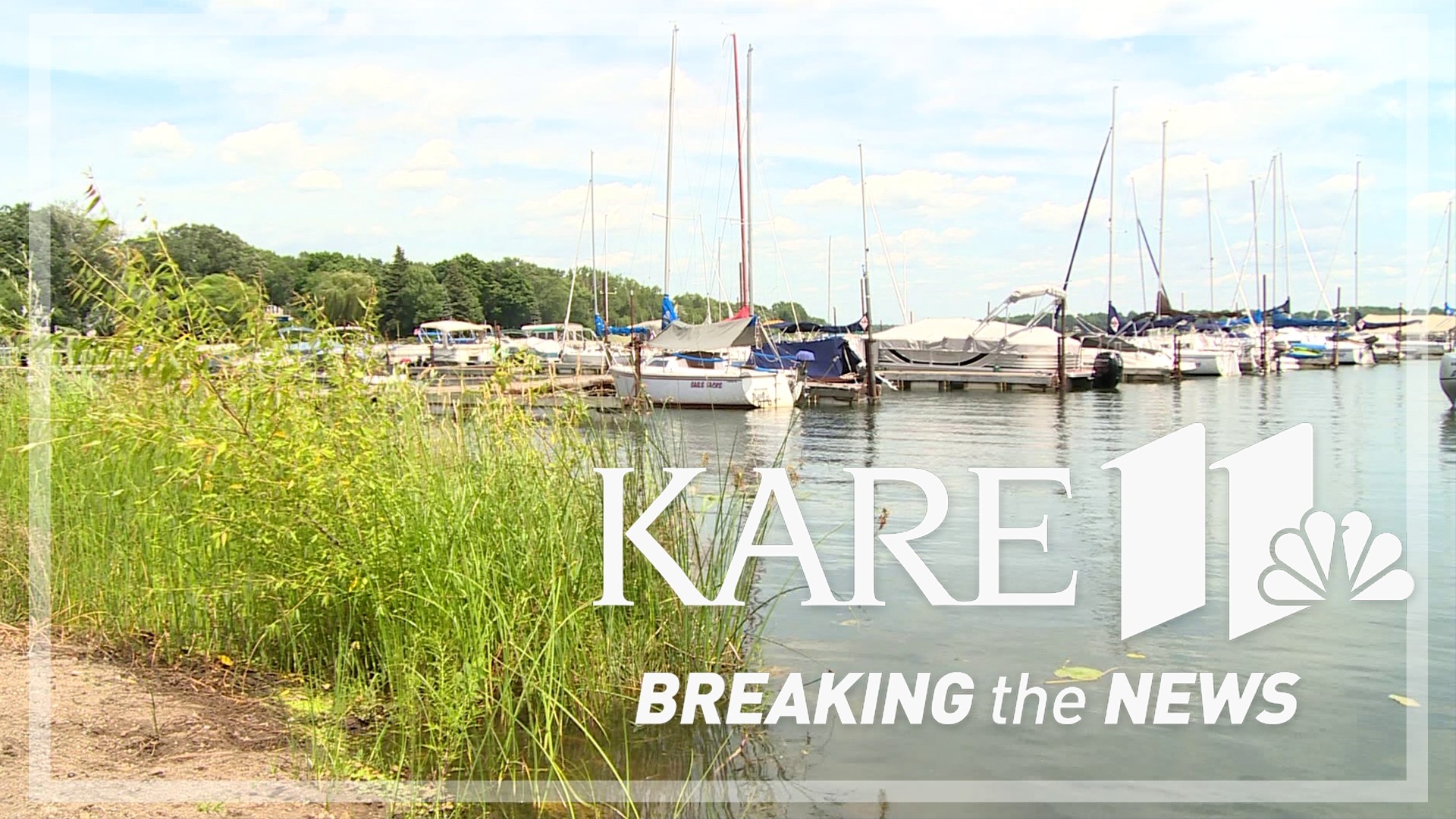WHITE BEAR LAKE, Minn. — Low water levels on White Bear Lake have caught a lot of attention in recent years. The issue? There's not a sustainable water source for people in the northeast metro region.
"White Bear Lake is unusual in that's it's a very small watershed, so it depends on the groundwater level to fill the lake, and so that's why you want to keep that groundwater level up because like the bathtub analogy, you take it out, it'll drain the lake," said environmental law attorney Byron Starns.
Starns represents the White Bear Lake Homeowners Association.
"This is a very complex problem, and it has a lot of stakeholders all of whom have been working for over a decade, very hard, to try and get it solved," Starns said.
Lawmakers have introduced a bill addressing the issue. Under the deal, the Metropolitan Council would use $3 million to study options for switching public drinking water from groundwater to the Mississippi River. Area communities would have four years to figure out how much of their drinking water would come from groundwater versus the Mississippi River.
"Basically, it's designed to give the communities a little breathing room and to get the resources and people together to solve the problem and also solve an immediate problem that Lake Elmo has about its water supply," Starns said. "Lake Elmo has a lot of housing units going in and their current system doesn't have adequate supply."
This all goes back to 2013 when White Bear Lake homeowners and the White Bear Lake Restoration Association sued the Department of Natural Resources after lake levels were at its lowest. The lawsuit alleged the DNR mismanaged groundwater pumping, and a Ramsey County judge sided with the group. The DNR unsuccessfully appealed the case to the Minnesota Supreme Court.
In a statement, the DNR shared the following:
"The DNR appreciates the legislature's engagement on this important issue and has worked collaboratively with local communities and stakeholders to provide input on the proposed language. We look forward to continuing that engagement to protect White Bear Lake and to ensure communities have access to sufficient safe drinking water resources to meet current needs and those of future generations."
"Water is probably our most precious resource and I think we're under a misconception that we have unlimited water resources in Minnesota and so throughout the state, we're going to have to come to grips with the need to manage our water use to conserve it so there's adequate supply long term," Starns said.
Watch more Breaking The News:
Watch all of the latest stories from Breaking The News in our YouTube playlist:

